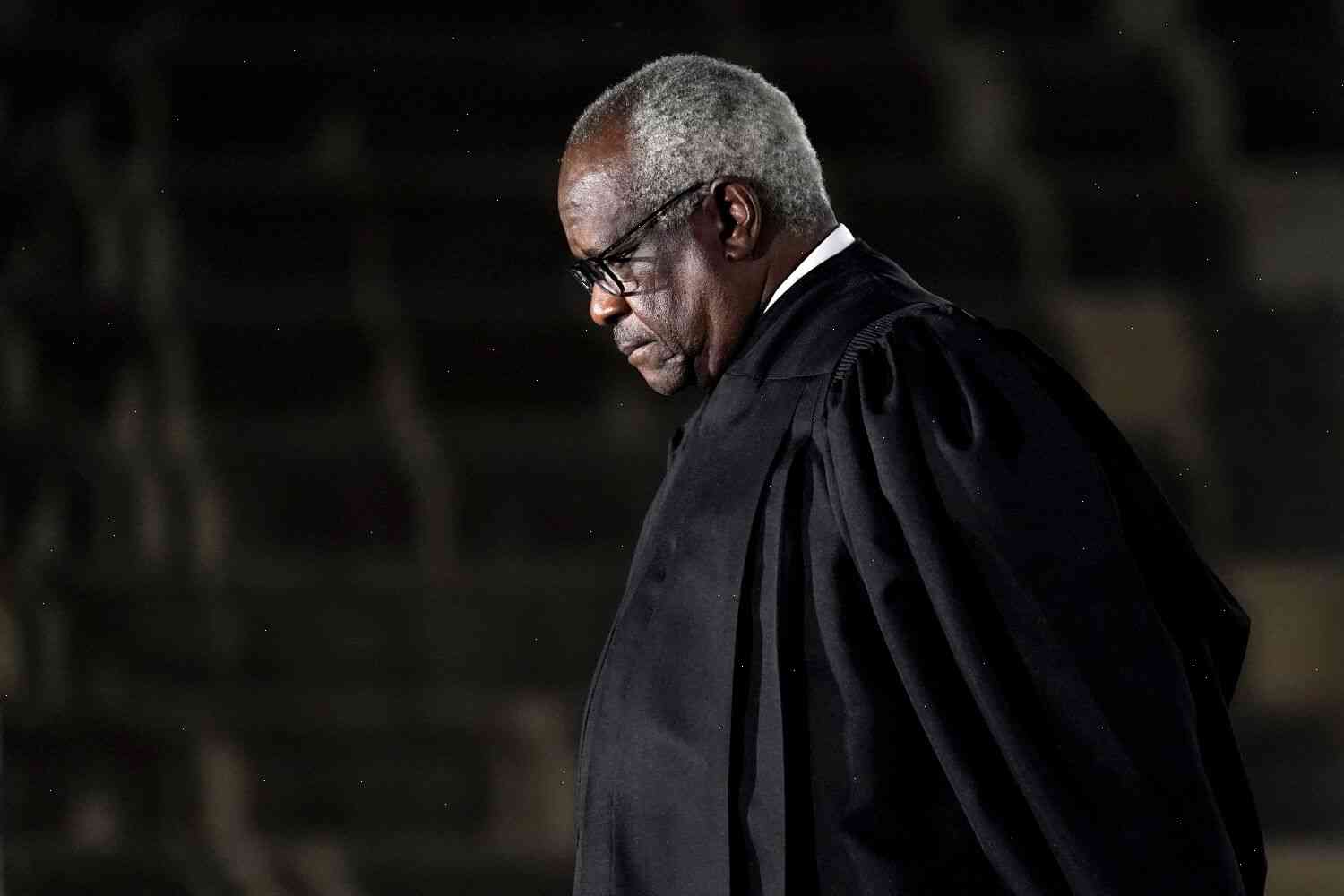Calmes: Clarence Thomas’ Jan. 6 conflicts of interest are showing again
Last September, the U.S. Supreme Court heard a case in which a federal judge had struck down a requirement that clerks conduct criminal background checks on prospective jury-service jurors.
In his decision, US District Court Judge Thomas Penfield Jackson wrote: “[The] district court’s order prevents the jury commissioner from fulfilling his obligation to ensure that the defendant is not a prospective juror who may prejudice the rights of other citizens.”
Jackson argued that the policy was an unconstitutional infringement on the rights of people who are being investigated for possible criminal acts.
“This is a common-sense idea whose time has come,” Jackson wrote. “In the name of protecting the rights of citizens whom the government has reason to fear, this court should now make it a federal crime for the government to discriminate against a person.”
In a concurring opinion, Judge Jerome Holmes, Jr., agreed.
“What’s at issue here is a right to trial by an impartial jury–a right that is critical not only to the rights of the accused, but to the rights of everyone,” Holmes wrote. “This right is the essence of a citizen’s dignity and liberty. The right to an impartial jury is guaranteed by the Constitution, which is not a promise of perfection, but rather a demand that we strive for perfection.”
The case was subsequently sent back to the lower court for a de novo review by a federal appellate court.
In his opinion, Jackson wrote that he had reconsidered his previous decision “not from any change of heart, but rather to avoid the costs and difficulties of a trial de novo.” He concluded that in light of the arguments made by the Supreme Court in Johnson v. California that the California law was similar to the one struck down in Batson v. Kentucky, Jackson’s original decision “lacked legal support.”
“This lack of legal support is especially problematic because the district court had the benefit of briefing and oral argument on the issue,” Jackson wrote.
The Supreme Court has now returned Jackson’s case to the lower court for the first time since he wrote his opinion. On Wednesday, the Supreme Court will hear oral argument on the case.
In the meantime, the

